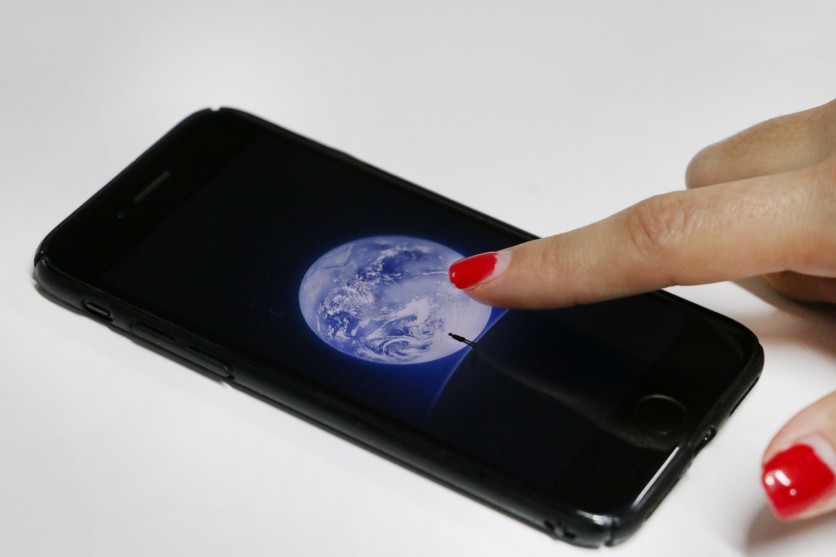
WeChat, China's most popular messaging app, has been censoring key phrases about coronavirus as early as Jan. 1, the research found. Popular Chinese live-streaming platform Y.Y. has been filtering out coronavirus content, too.
The research organization Citizen Lab took keywords from news coverage and sent them in group chat conversations. The users despatched the messages to three WeChat accounts: two in Canada and one in China.
The chat conversations consisted of article headlines and text. The group that is affiliated with the University of Toronto despatched them from one of the Canadian WeChat accounts to the Chinese one and determined which messages the Chinese report got. Around 132 keyword combinations have been censored in January; however, that number rose to 516 keywords by the second week of February.
More than 300 new censored keywords in WeChat were added in two weeks in February
Citizen Lab found 45 key phrases on Y.Y. - just like Twitch or Mixer - added to a blacklist on December 31, 2019; five of those keywords were removed on Feb. 10. Y.Y.'s blacklist is in the app itself, in contrast to WeChat's, which uses a far-flung server for censorship.
Public health officers from China first informed the World Health Organization about the virus at the end of December. The censorship started since Jan. 1 and continued on through the outbreak. WeChat has a monthly active person base of over one billion people - this means that users might also have missed essential records about the coronavirus, and how to prevent the virus from spreading.
Censored keywords blanketed factual information at the disease, references to the government's epidemic policies, and the name of Li Wenliang, a medical doctor who was a number of the earliest to warn the populace about the disease. Li got the condition while treating coronavirus sufferers and passed away on Feb. 7. His tale created a public outcry in opposition to the authorities' handling of the coronavirus.
Companies yet to explain the censorship
It's still unclear why the companies decided to censor key phrases about coronavirus. However, rumors have been circulating that the Chinese government ordered them to filter out the data. WeChat has close ties with the Chinese authorities, and the authorities have already used WeChat and Twitter to track down people Chinese officials assumed sharing harmful data about the coronavirus outbreak.
Censorship is prevalent in China. Sites inclusive of Google and Wikipedia are banned - and it's not new for social media companies in China to remove content that is perceived to be threatening to social stability or the ruling Communist Party.
The censorship is especially 'harmful' since the WeChat is a crucial part of many Chinese people's lives, David Jacobson, a professor of global business strategy at SMU's Cox School of Business and a touring professor at Tsinghua University in Beijing, told BuzzFeed News. He added one could stay live his or her life with social media. "You can pay for things. You can do so much more," Jacobson said.
![Apple Watch Series 10 [GPS 42mm]](https://d.techtimes.com/en/full/453899/apple-watch-series-10-gps-42mm.jpg?w=184&h=103&f=9fb3c2ea2db928c663d1d2eadbcb3e52)



